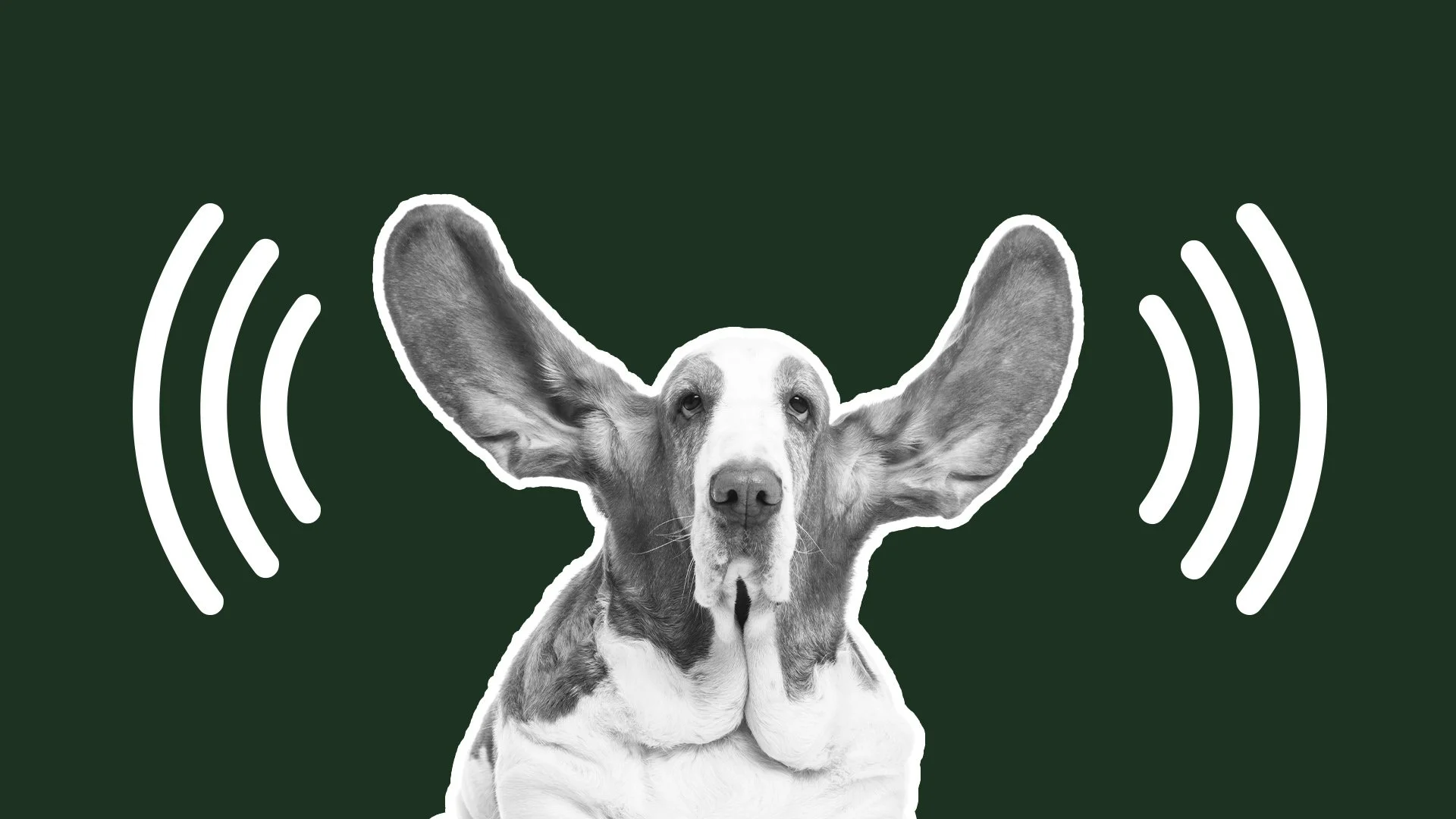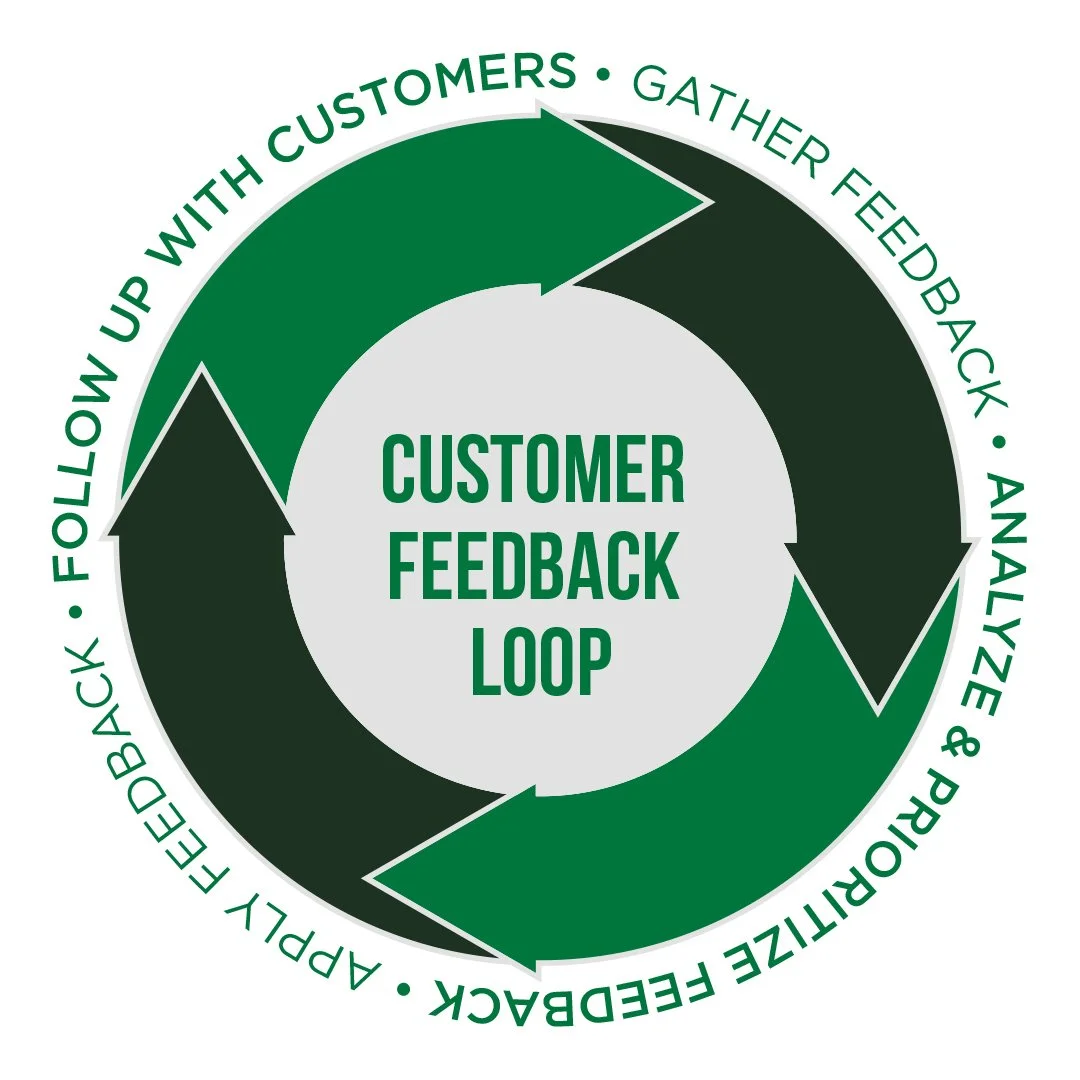Why Bother Listening to Your Customers? They’re Just Paying the Bills
Understanding your customers is no longer optional, it’s essential. “Seek first to understand, then to be understood” is a principle from Stephen R. Covey's The 7 Habits of Highly Effective People.It means paying attention to others’ thoughts and emotions while making an effort to understand their point of view. At the same time, it’s about confidently sharing your own ideas and perspectives.
One of the most effective ways to achieve this is by actively seeking and utilizing customer feedback. Listen attentively to your customers, even when their input is hard to hear. Demonstrating that you value their opinions and care about improvement leaves a lasting positive impression. More importantly, use that feedback as motivation to make meaningful changes. When you act on their insights, the likelihood of that customer, and others, taking notice is significantly increased.
Listening provides insights into customer needs and wants and is pivotal in shaping effective marketing strategies. Here’s why customer feedback is crucial for marketing success:
7 Reasons Why Customer Feedback is Important:
1. Understanding Your Audience
Customer feedback gives you a direct line to your audience’s thoughts, preferences, and pain points. Instead of guessing what your customers want, you can use their input to tailor your marketing efforts. This data helps refine your buyer personas, ensuring your messaging resonates with the right people.
2. Improving Products and Services
Effective marketing is only as strong as the product it promotes. Feedback helps identify areas where your offerings may fall short and uncovers opportunities for improvement. When your products or services align with customer expectations, your marketing gains both credibility and effectiveness.
3. Building Trust and Loyalty
Actively seeking feedback shows customers that their opinions matter. When you act on their suggestions, it reinforces their trust in your brand. Loyal customers are more likely to become brand advocates, amplifying your marketing efforts through word-of-mouth and positive reviews.
The customer feedback loop is an ongoing cycle where businesses gather input from customers, use it to make improvements, and share those updates to keep customers happy and engaged.
4. Creating Targeted Campaigns
Feedback can uncover trends and preferences that guide the creation of highly targeted campaigns. For instance, if customers frequently mention a specific feature they love, you can highlight it in your ads or promotional materials to attract similar prospects.
5. Measuring Marketing Effectiveness
Feedback doesn’t just help you create better campaigns, it also enables you to evaluate them. By asking customers about their experience with your marketing efforts (ads, content, or promotions), you can identify what’s working and what needs adjustment.
6. Staying Ahead of Competitors
Listening to customer feedback allows you to identify unmet needs or emerging trends before your competitors do. This proactive approach enables you to innovate and position your brand as a leader in the market.
7. Humanizing Your Brand
Customers appreciate brands that listen. Implementing customer feedback creates a sense of collaboration and community. It shows that your brand values its customers and is committed to their satisfaction.
How to Collect Customer Feedback:
Surveys
Short, targeted surveys via email or your website.
Customer Interviews
One-on-one conversations for deeper insights.
Reviews
Analyze feedback on platforms like Google, Yelp, or industry-specific sites.
Social Media
Monitor comments, messages, and mentions.
Feedback Forms
Accessible forms on your website or after purchase.
Focus Groups
Organize small groups of customers to participate in discussions about your product, service, or brand.
A brief customer survey like this one can enhance your outreach efforts by gathering valuable customer feedback.
Customer feedback is the foundation of impactful marketing. By paying attention to what your customers say and using their insights to guide your actions, you can craft campaigns that genuinely connect, build loyalty, and fuel growth. Each piece of feedback is a chance to improve and deepen your relationship with your audience.
When you respond to feedback with meaningful changes, you show customers that their voices matter, fostering trust and long-term commitment. This cycle of listening and adapting not only strengthens your brand’s reputation but also positions you as a business that truly values its customers.




